By Our Political Editor
The past week proved to be a significant challenge for the Sri Lankan government, as mounting criticism and strategic opposition maneuvers left the administration grappling to retain its footing.
The “Clean Sri Lanka” campaign, initially launched with great fanfare by President Anura Kumara Dissanayake, has faced challenges under the weight of growing dissent and amplified scrutiny from both traditional and digital media.
Meanwhile, a rejuvenated opposition seized the opportunity to consolidate its influence, turning parliamentary sessions into battlegrounds for the government’s credibility.
A Promising Start Undermined

President AKD’s Clean Sri Lanka campaign had an auspicious start, capturing national headlines with its ambitious promises of reform and transparency. However, the initiative was swiftly overshadowed by the looming threat of a nationwide strike from bus drivers, an issue that caught the administration unprepared. The abrupt shift in public sentiment was amplified by relentless coverage from mainstream and digital media, highlighting flaws in the campaign’s execution and leaving the government scrambling for damage control.
Critics argue that the administration’s failure to anticipate logistical challenges has undermined public trust. Observers now urge the government to revisit its approach, warning that poor execution risks derailing what could have been a landmark initiative. The opposition, sensing vulnerability, capitalized on the situation to intensify its critique.
Opposition on the Offensive
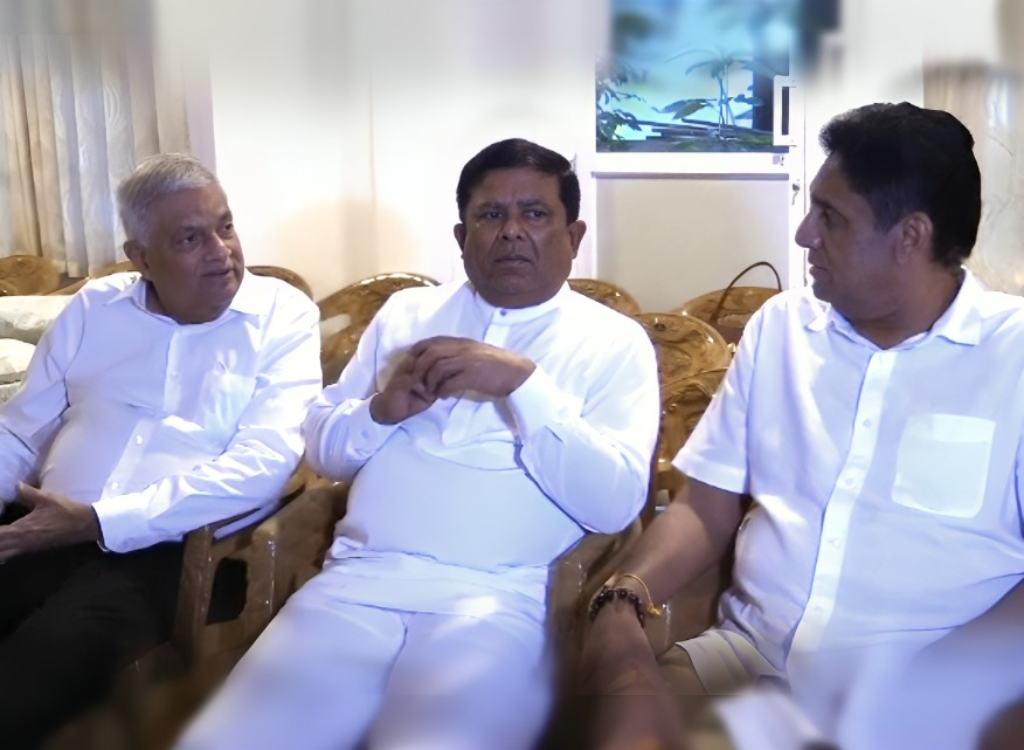
The opposition parties surged into action, using the government’s missteps as a rallying cry. Prominent leaders Ranil Wickremesinghe and Sajith Premadasa appeared at a high-profile event, signaling a rare moment of unity in their critique of the administration.
In parliament, the Samagi Jana Balavegaya (SJB) led a coordinated offensive, with Kabir Hashim, Mujibur Rahman, and Harsha De Silva spearheading attacks on the government’s perceived lack of foresight and administrative ineptitude.
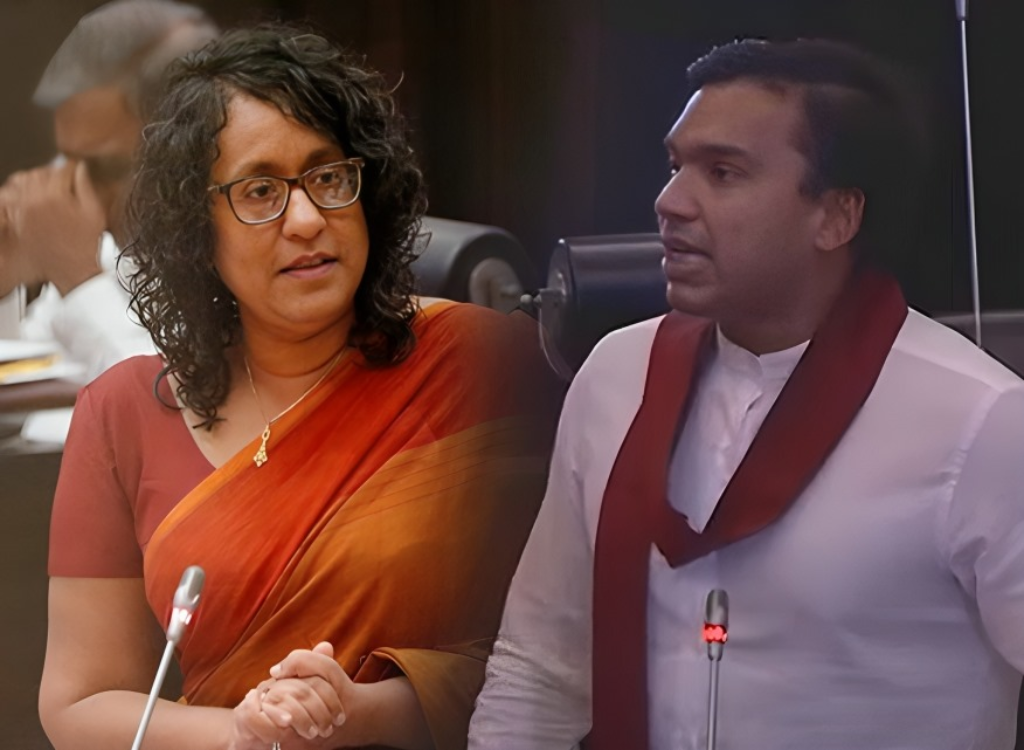
Namal Rajapaksa, the opposition MP, dominated headlines by taking the Prime Minister, Dr. Harini Amarasuriya, to task over delays in the fertilizer subsidy program. His pointed questioning forced the Prime Minister to commit to completing the subsidy within two weeks—a moment that showcased the opposition’s ability to extract public commitments while keeping the government on the defensive.
Rising Voices in the Opposition Ranks
Adding to the government’s woes was Chamara Sampath Dissanayake, a fiery MP from Badulla representing the National Democratic Front, who vocally demanded that the administration honor its election promises. His criticism resonated strongly with rural constituencies.
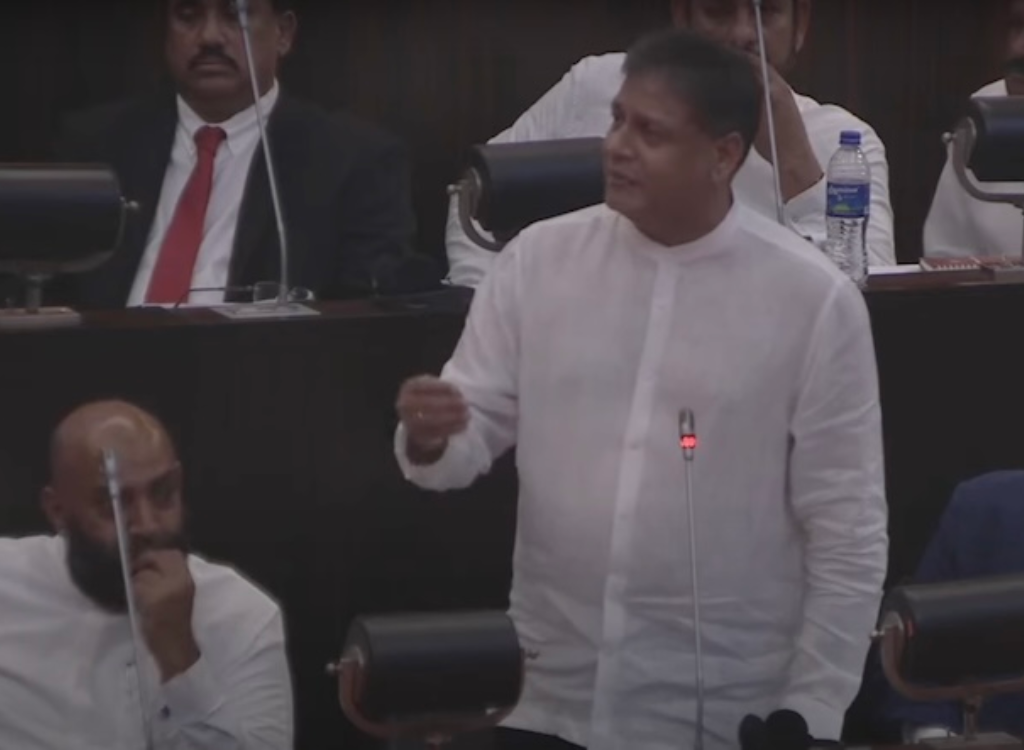
However, the week’s standout figure was Sarvajana Balaya MP Dilith Jayaweera, whose lone-wolf approach to parliamentary discourse elevated him to a central role in the opposition’s narrative. Jayaweera, a polarizing figure with significant influence in Sri Lanka’s media landscape, turned his sights on the government’s attempts to discredit him. Despite intensified efforts to entangle his business empire in corruption allegations, Jayaweera emerged as a formidable critic, defending his media outlets, including Derana TV, Aruna, The Morning, and Pulse magazine.
Jayaweera’s sharp rebuke of the government’s selective criticism of his media ventures was particularly striking. He highlighted the administration’s inconsistent stance on press freedom, stating, “For you, Derana is good, but Aruna is bad, and The Morning is good. The Editor Mandana Ismail is good. The Pulse magazine where we stand for pressing issues and direction of sexuality is good.” His fiery rhetoric left the government scrambling for a response.
Government Attempts to Push Back
In a bid to counter the growing momentum of the opposition, the government resorted to naming and shaming opposition politicians over alleged corruption. However, these efforts appeared to backfire, as opposition leaders deftly turned the tables by challenging the administration to take action against the corrupt rather than merely publicizing allegations.
The government’s inability to back its claims with decisive action has left its credibility further diminished. Instead of stifling the opposition, the move inadvertently underscored the administration’s perceived inefficacy in addressing corruption, a key issue for voters.
A Shifting Political Landscape
The week’s events marked a significant shift in Sri Lanka’s political landscape. The government, once confident in its initiatives, now faces a resurgent opposition that has skillfully exploited its vulnerabilities. The Clean Sri Lanka campaign, initially seen as a potential cornerstone of President AKD’s legacy, is now mired in controversy and operational missteps.
Meanwhile, opposition leaders are riding a wave of political momentum.
Looking Ahead
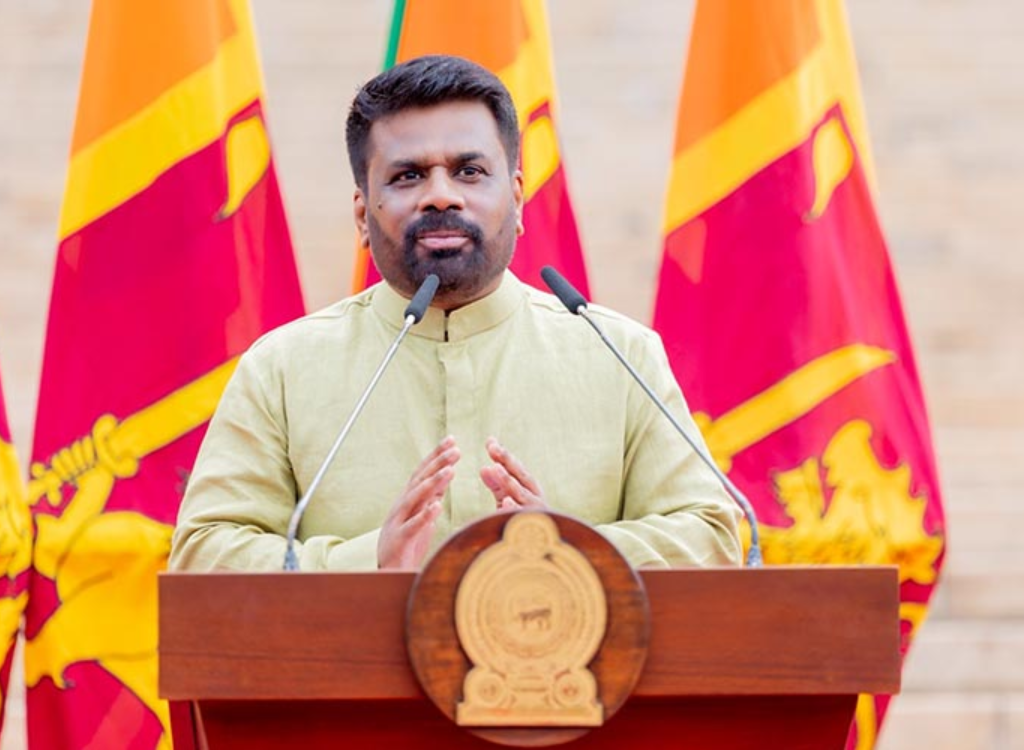
For the government, the path forward requires urgent course correction. Analysts suggest that revisiting the execution of the Clean Sri Lanka campaign is essential to regaining public confidence. Addressing operational challenges and engaging in meaningful dialogue with stakeholders like bus drivers will be crucial to preventing further backlash.
However, the opposition’s growing unity and strategic acumen suggest that the government’s challenges are far from over. As parliamentary sessions continue to provide a platform for critique, the administration must brace for sustained scrutiny and heightened public expectations.
The government’s attempts to shift the narrative with corruption allegations have so far failed to achieve the desired effect. To regain the upper hand, it must focus on delivering tangible results rather than resorting to blame games.
The past week has underscored a key reality in Sri Lankan politics: public trust is hard-earned and easily lost. As the opposition continues to seize the initiative, the government must act swiftly to stem the tide of dissent and restore its standing in the eyes of an increasingly skeptical electorate.
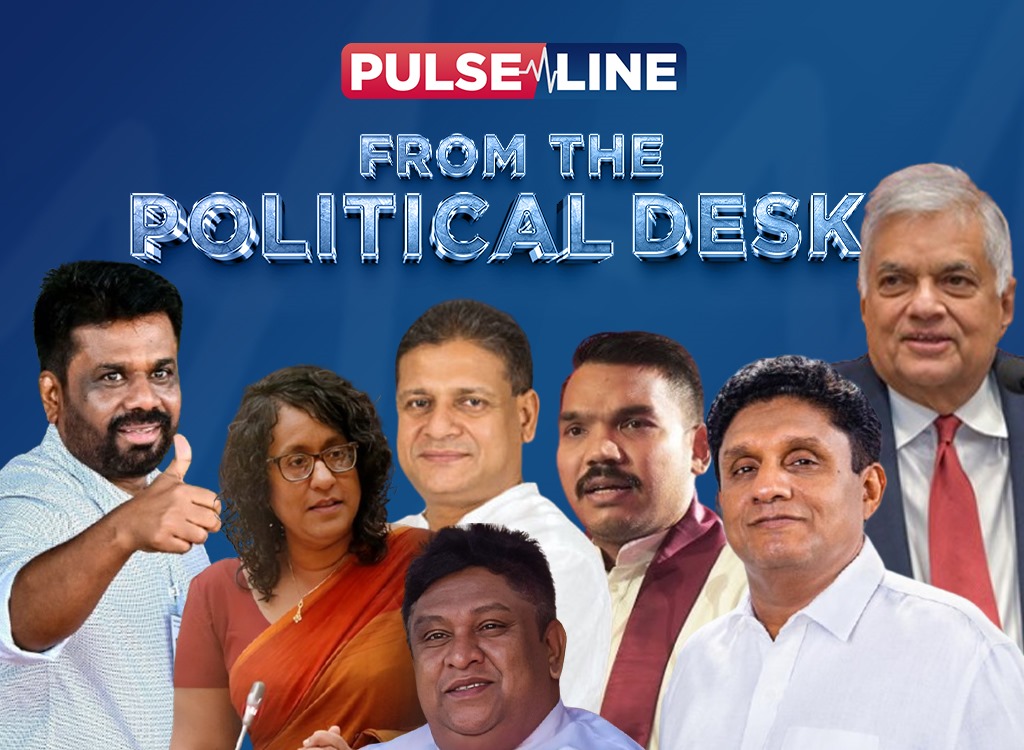

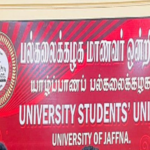
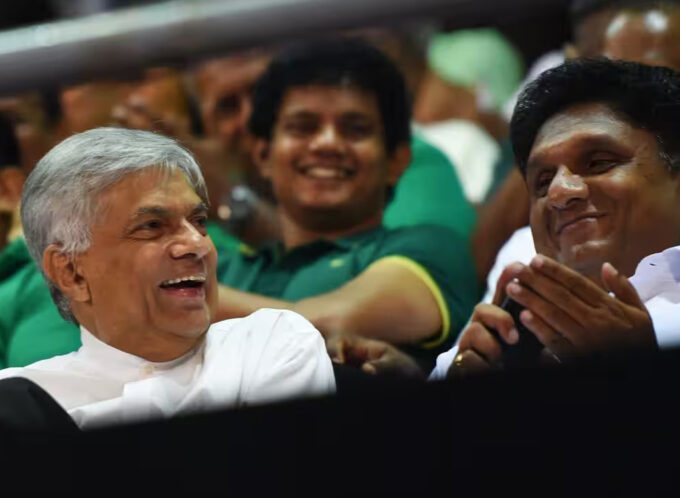
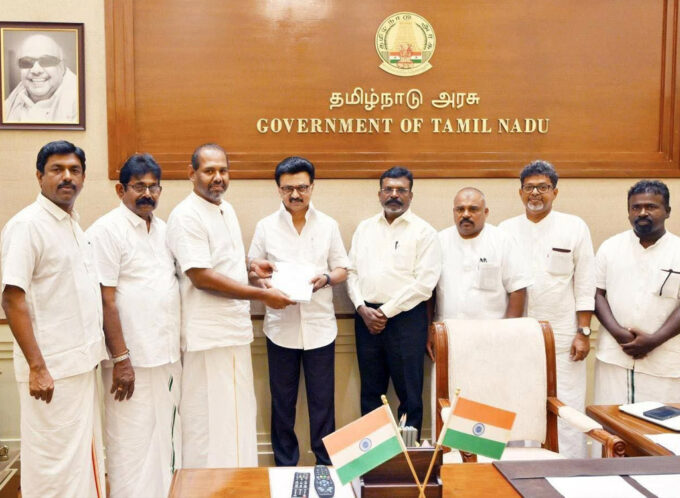
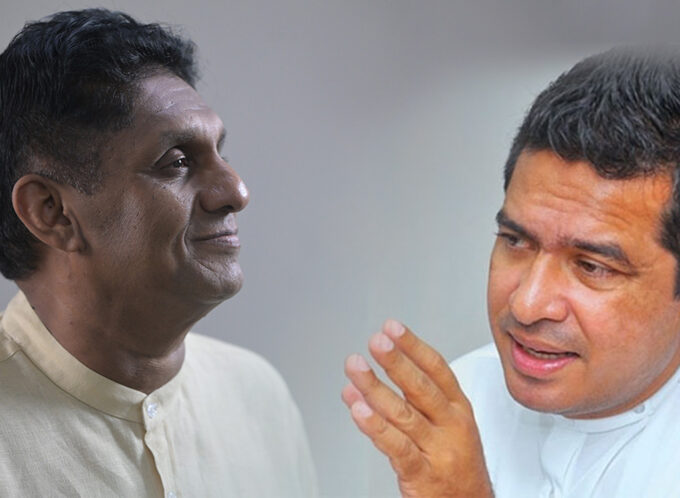
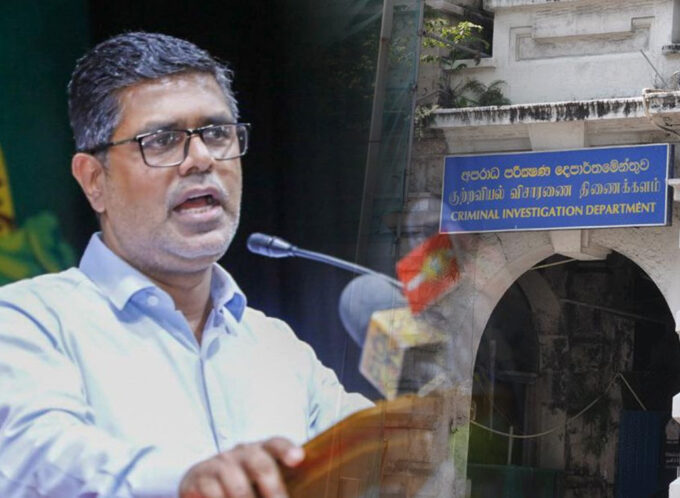

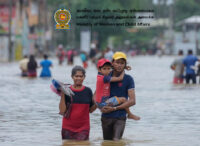

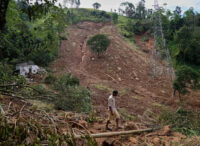
Leave a comment